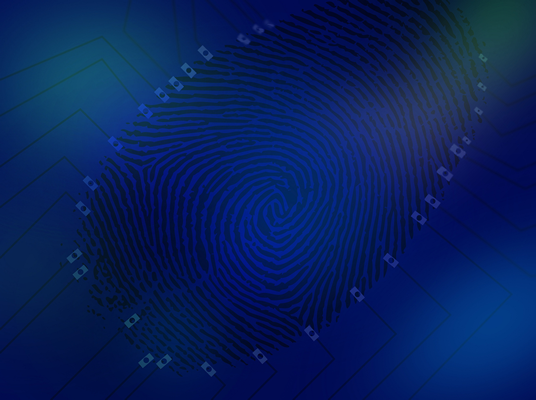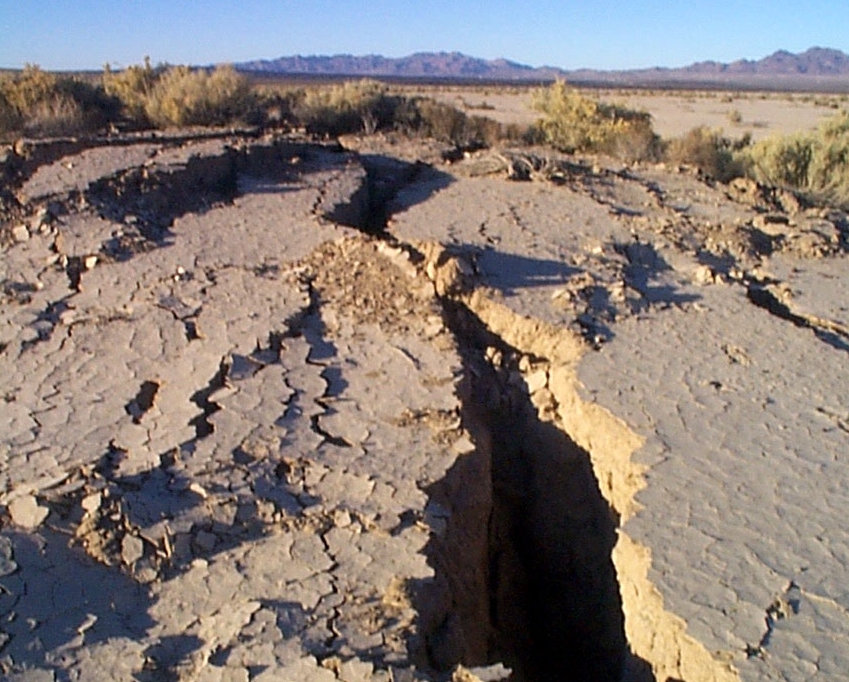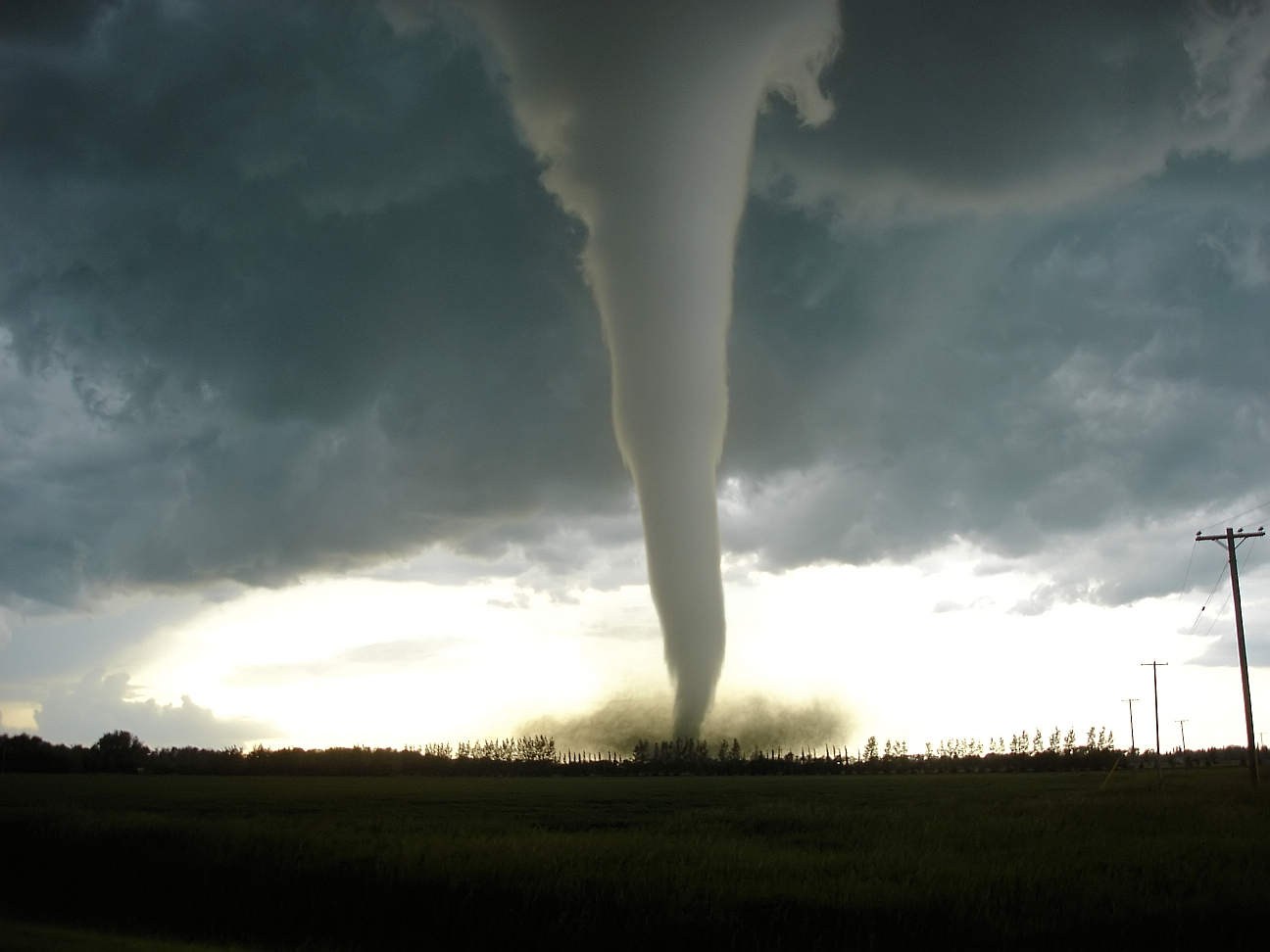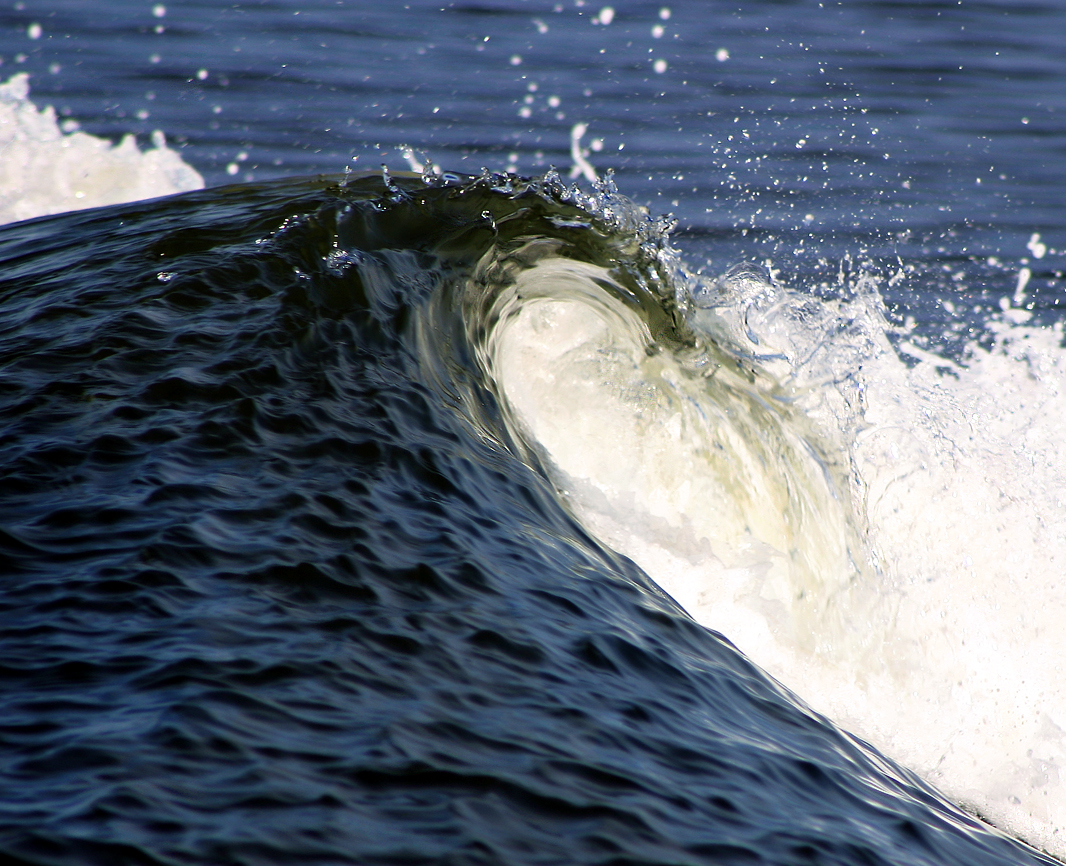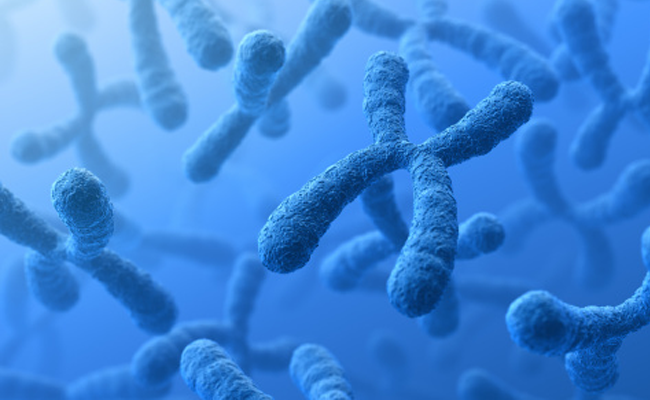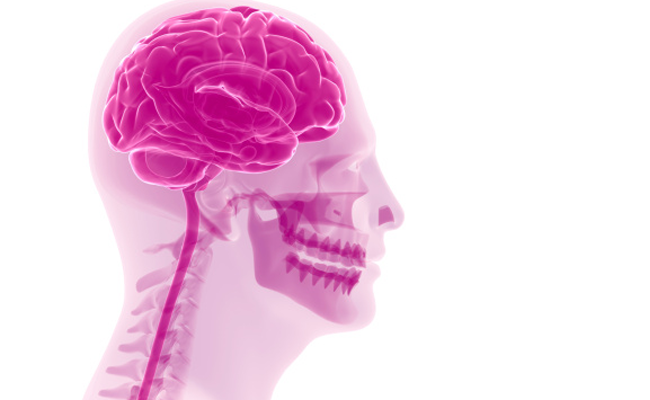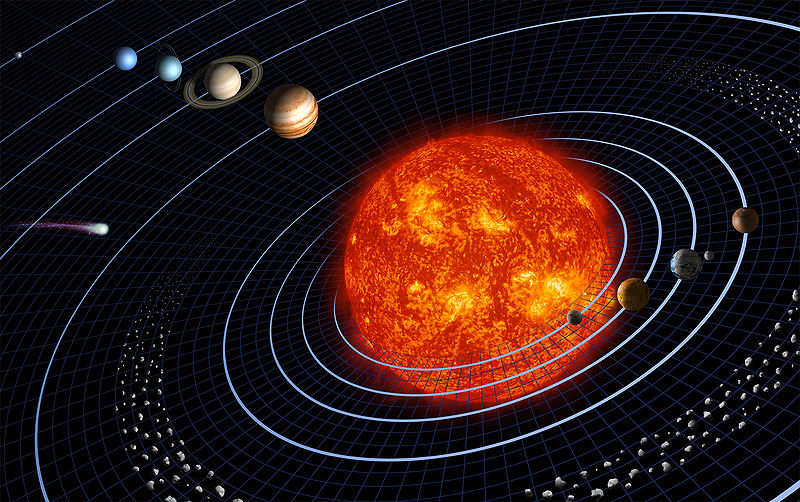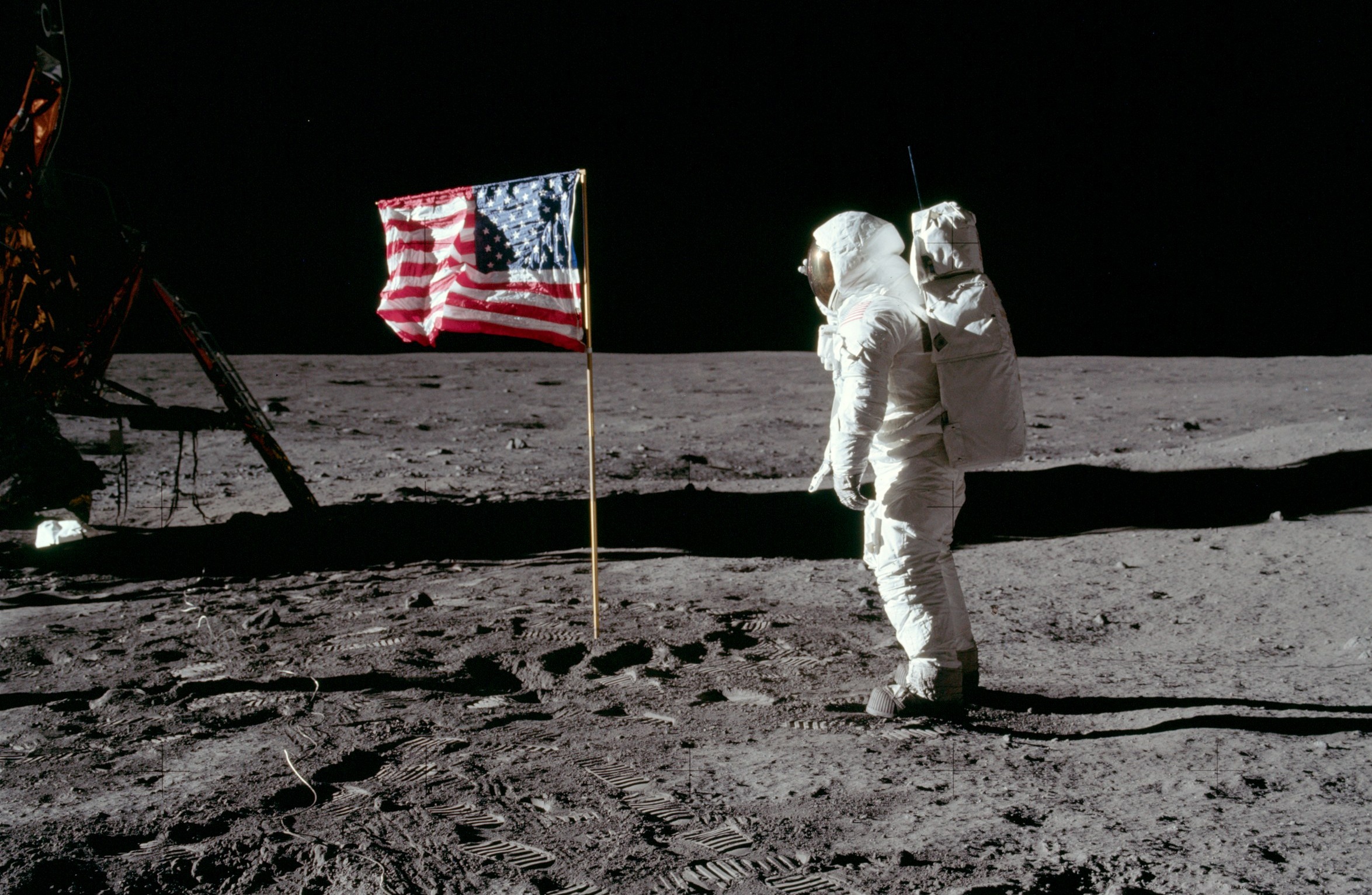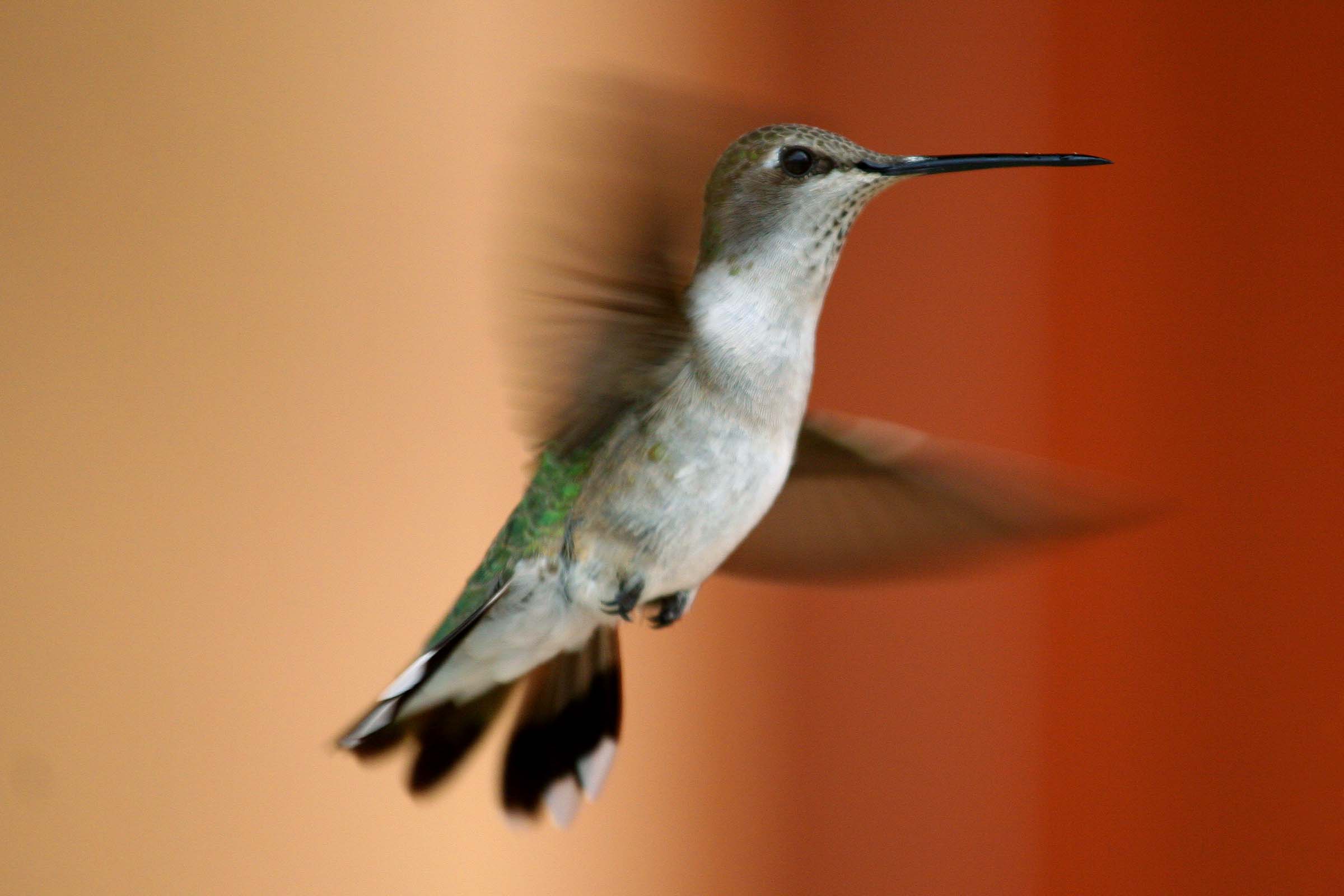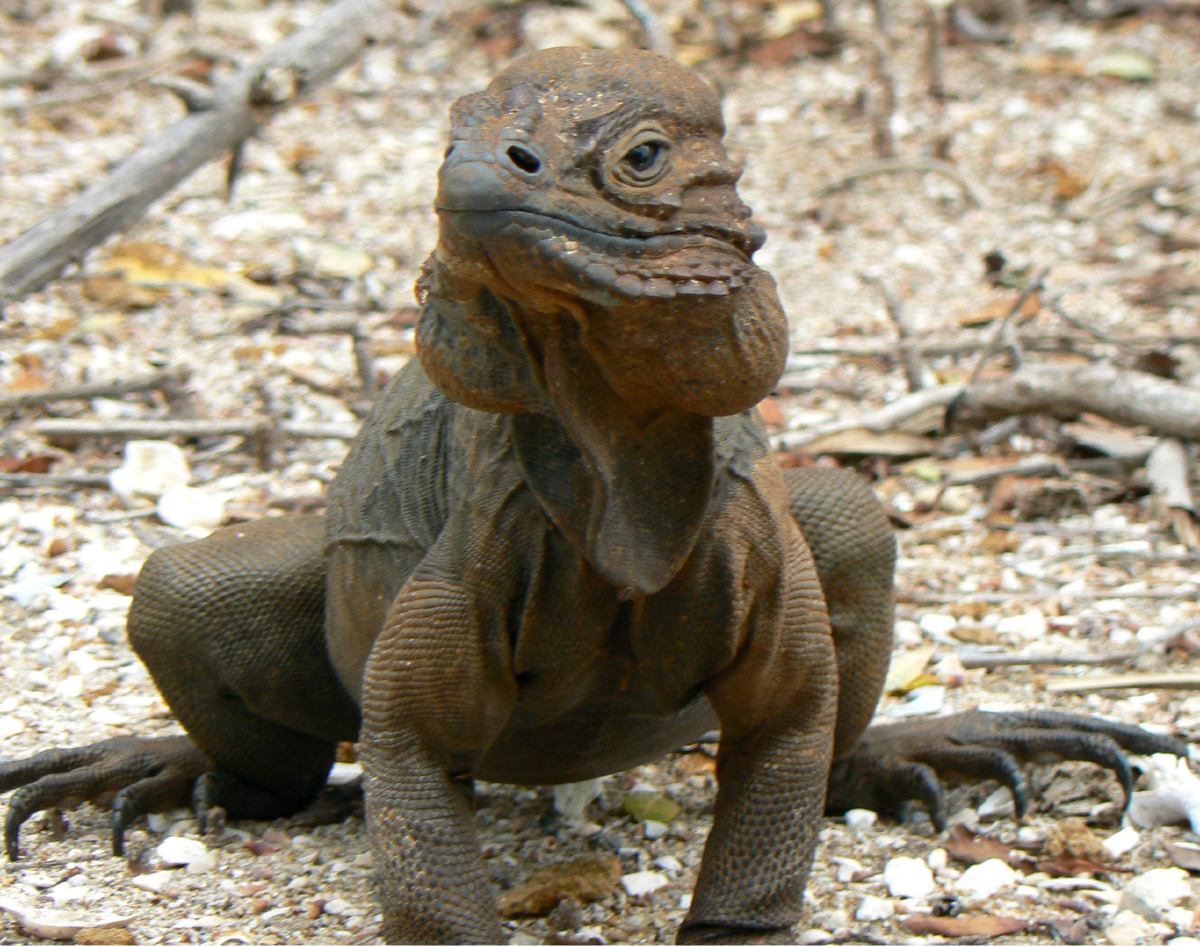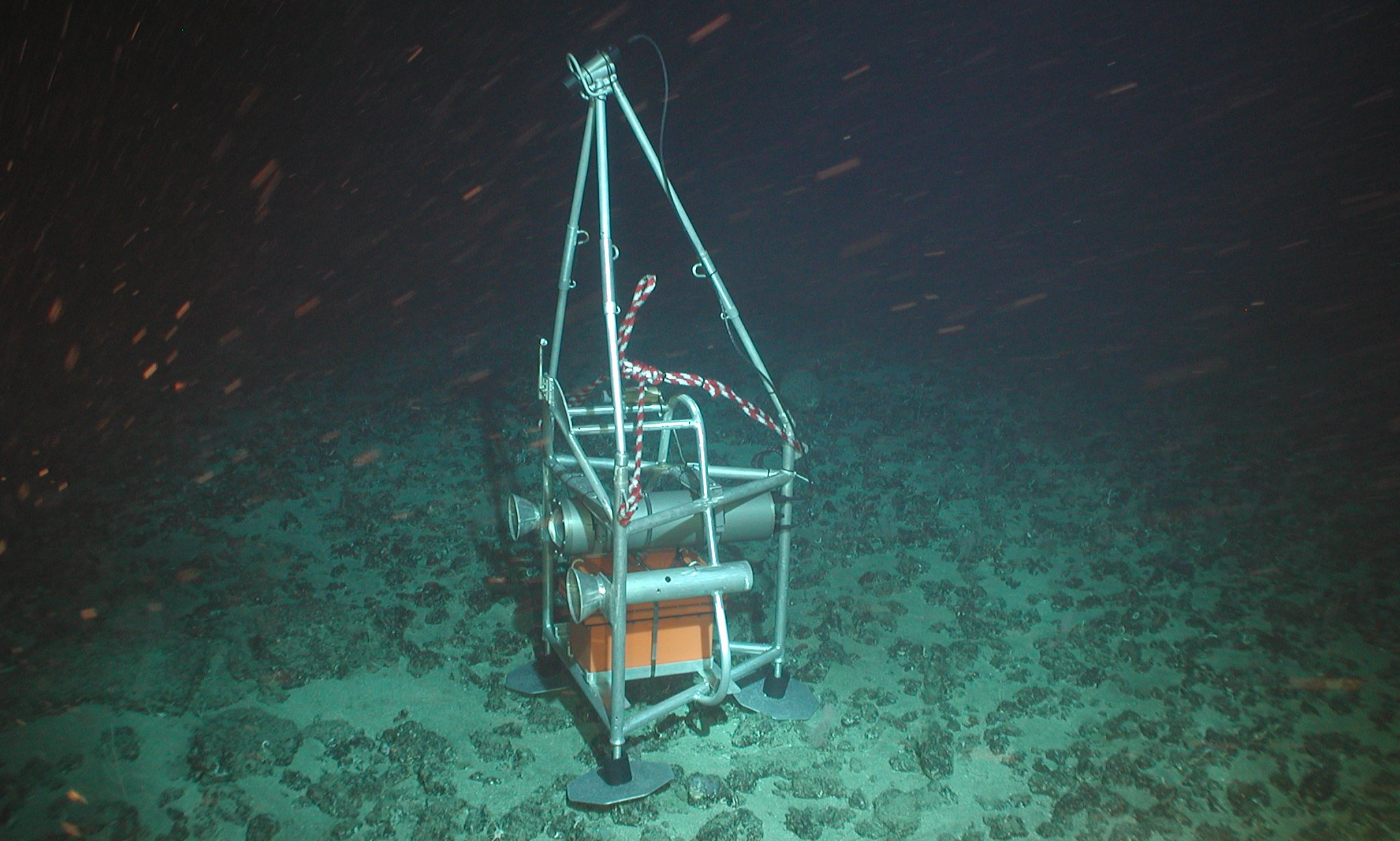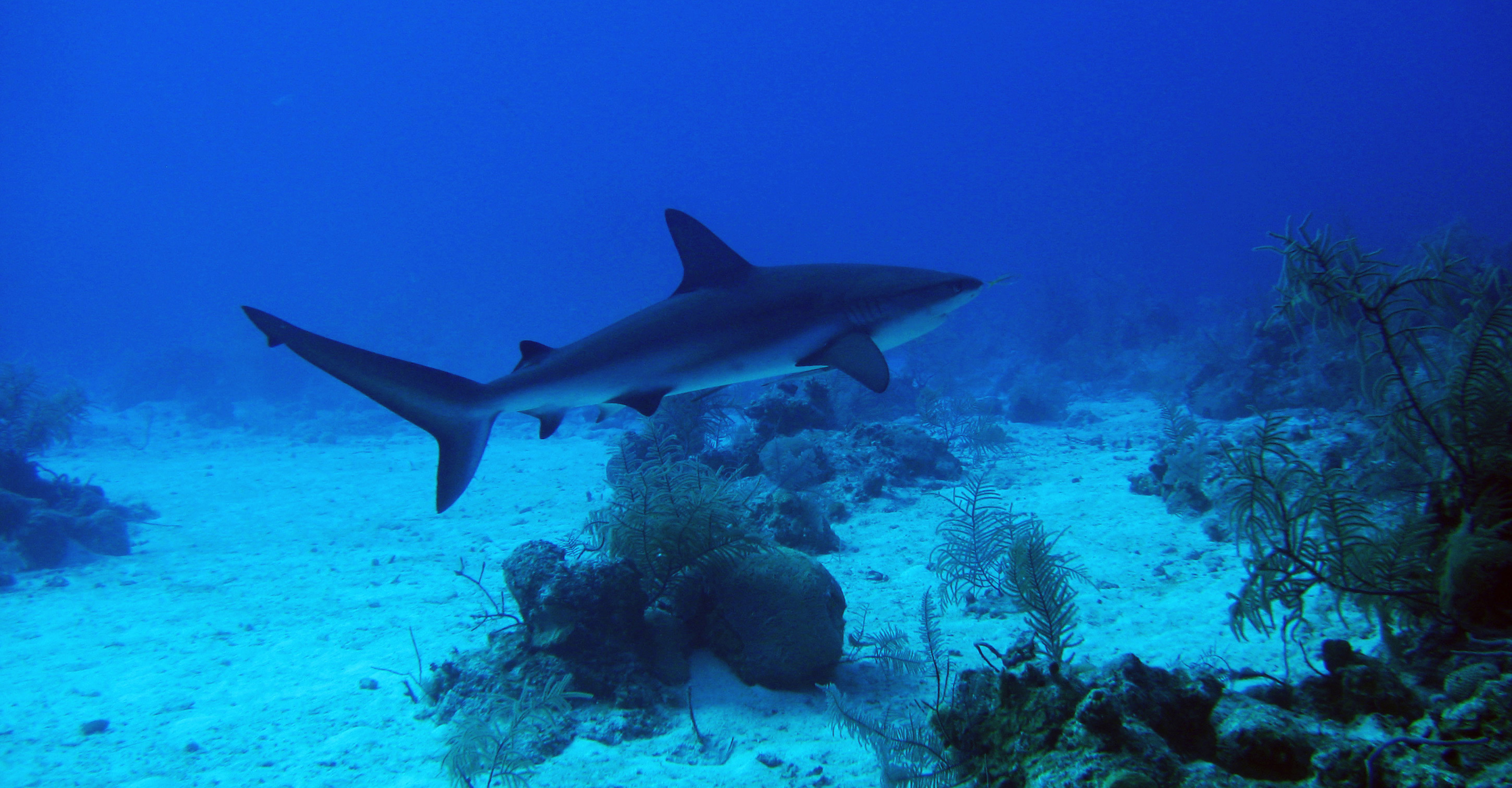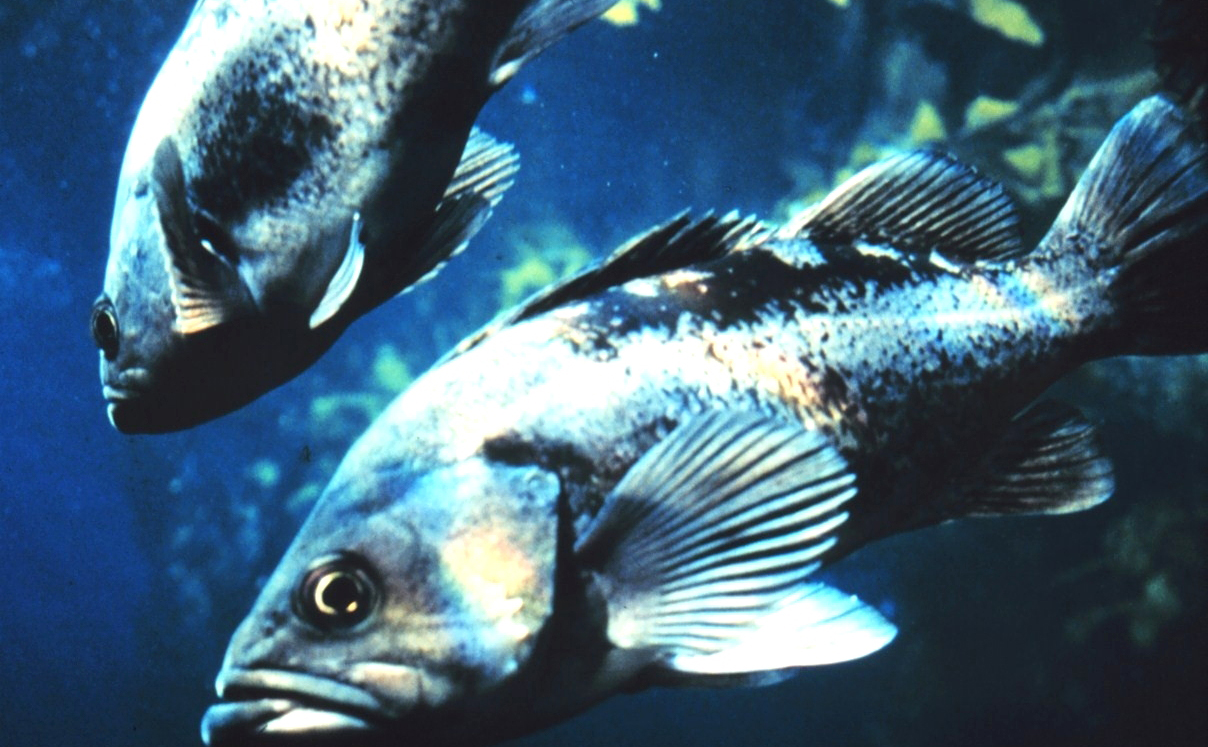Crime Scene Investigation
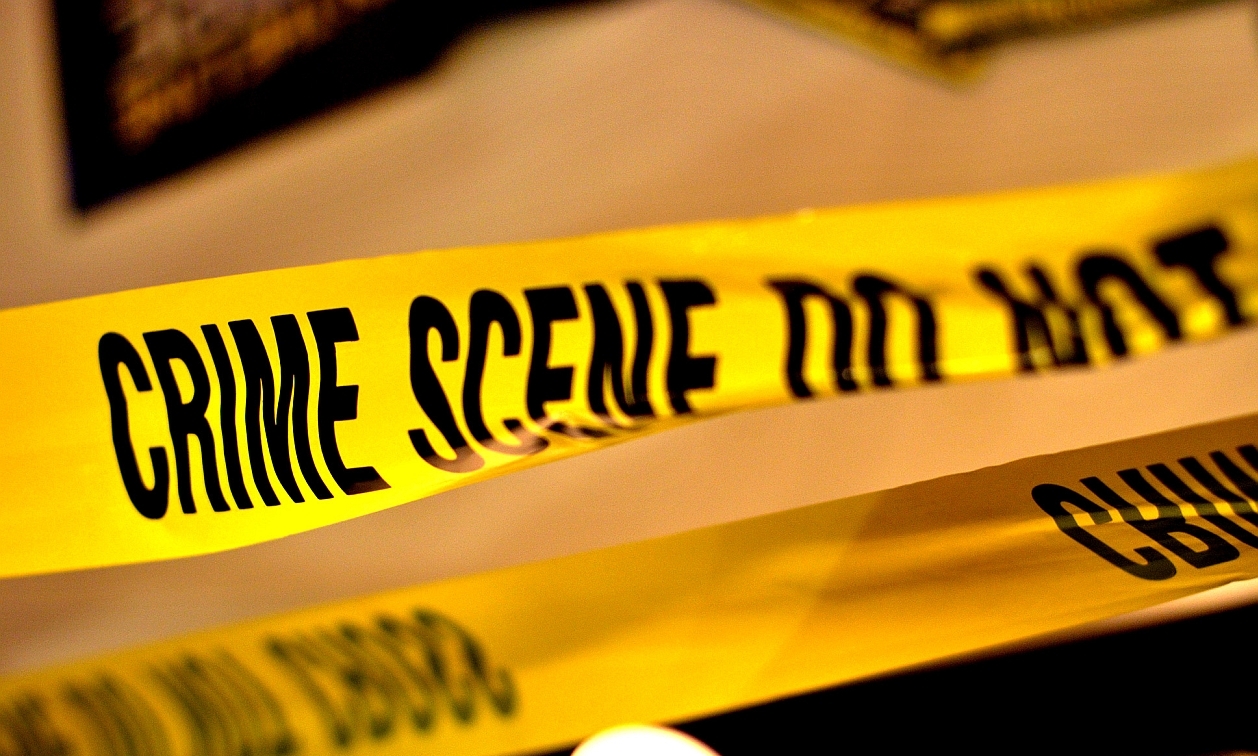
Forensics
Forensics is a science that is a lot like a game! It involves finding clues, piecing together a puzzle, and solving the mysteries left behind at a crime scene. Forensic science includes the preservation and reconstruction of evidence after time has passed. You might have seen some of the shows on TV about forensics, like CSI, but what is forensic science really like in the real world?
One of the oldest forensic science tools is fingerprinting. In fact, did you know that every person has a unique set  of fingerprints? No two fingerprints are alike! After a crime, forensic scientists search the crime scene for fingerprints and compare them to fingerprints of suspects. Learn about the history of fingerprinting by reading this article.
of fingerprints? No two fingerprints are alike! After a crime, forensic scientists search the crime scene for fingerprints and compare them to fingerprints of suspects. Learn about the history of fingerprinting by reading this article.
More recently, forensic scientists have been given a new tool - DNA! Even better than fingerprints, DNA is easier to find because we can get it from almost anything a person might leave behind. DNA can be extracted from hair, saliva, and even tears! Learn more about DNA by reading this article.
Computers are also a great place to find clues! Not all crimes happen in the physical world. Some happen in the virtual world! If a computer 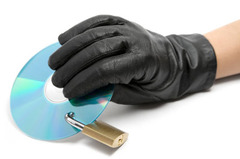 is used to steal or harm another computer, forensic scientists can examine the computer and find evidence to help solve the crime and bring criminals to justice.
is used to steal or harm another computer, forensic scientists can examine the computer and find evidence to help solve the crime and bring criminals to justice.
We have collected articles to teach you more about forensics at work in the real world!
-
Articles
Forensic Facial Recognition
The article describes how forensic scientists reconstruct a face from a skull!
-
Events
Spies on Screen: The Man Nobody Knew: In Search of My Father, CIA Spymaster William Colby
Join Carl Colby for a special screening and discussion of his spy movie! The movie is based on his father, William Colby, wh...
-
Activities
Wingspan
Have your students check out this project and find out how math and anthropology come together to solve crimes.
-
Cool Jobs
Dr. John Palmer, Forensic Engineer
Forensic engineers like Dr. John Palmer are charged with investigating fires, explosions and electrical system failures. Did...
-
Advocacy
Deck the Halls Chemistry Lesson
Did you know that chromatography is used in forensic science? This lesson will introduce students in grades K-12 to chr...

